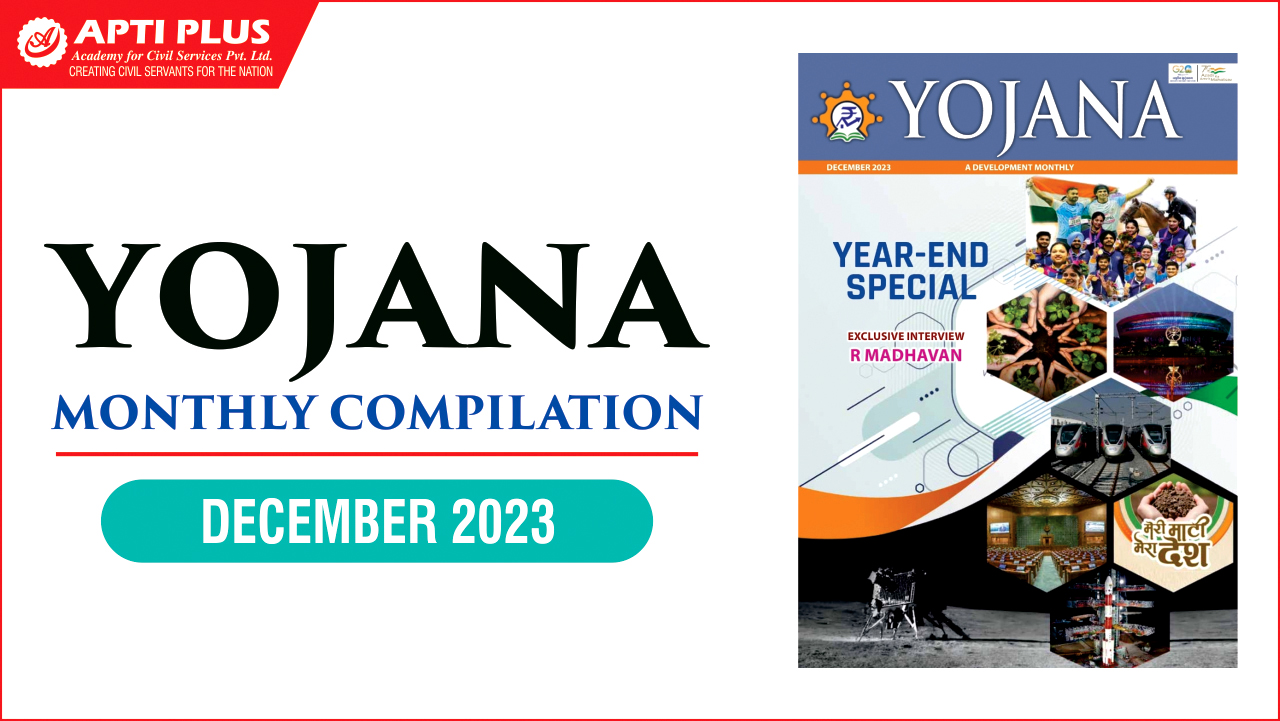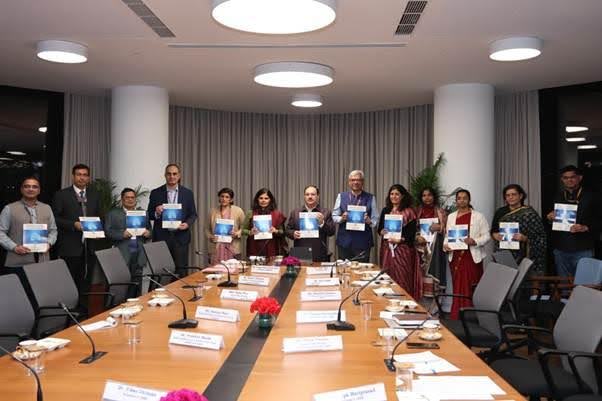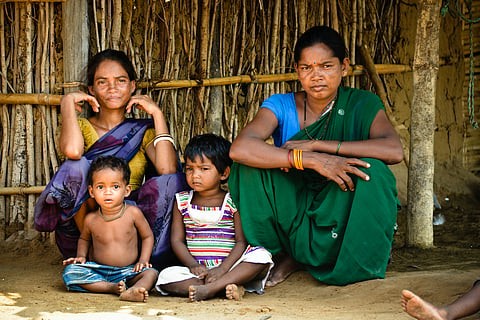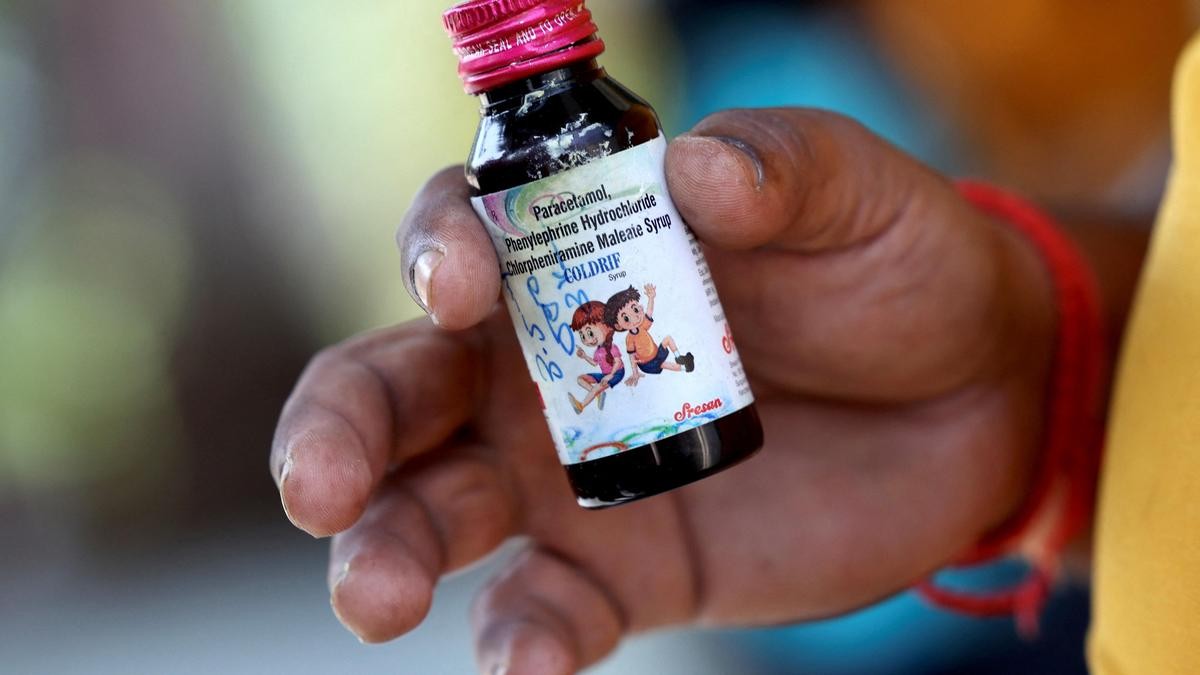Description
.png)
Copyright infringement not intended
Picture Courtesy: www.pacehospital.com
Context: World Neglected Tropical Diseases Day 2024, observed on January 30, carries the theme "Unite. Act. Eliminate." to raise awareness and support for eliminating neglected tropical diseases (NTDs), impacting over 1.5 billion people globally.
World Neglected Tropical Diseases Day 2024
- Date: Tuesday, January 30, 2024
- Theme: Act. Eliminate.
- Objective: World Neglected Tropical Diseases Day (WNTDD) aims to raise awareness about Neglected Tropical Diseases (NTDs), their devastating impact on billions globally, and the urgent need for collective action to control, eliminate, and eradicate them.

Neglected Tropical Diseases (NTDs)
- Neglected Tropical Diseases (NTDs) refer to a diverse group of communicable diseases that primarily affect populations in tropical and subtropical regions of the world.
- These diseases are termed "neglected" because they primarily afflict the poorest populations, who often lack access to adequate healthcare, and because they historically receive less attention and research funding compared to other diseases with higher global visibility.
Common Neglected Tropical Diseases
- Soil-transmitted helminthiasis (STH): This group of infections includes diseases caused by parasitic worms such as roundworm, hookworm, and whipworm. These worms typically thrive in areas with poor sanitation and hygiene.
- Schistosomiasis: Also known as bilharzia, this disease is caused by parasitic worms of the genus Schistosoma. It is transmitted through contact with contaminated water and is prevalent in areas with inadequate sanitation.
- Lymphatic Filariasis: This disease, caused by parasitic worms transmitted through mosquito bites, leads to severe disability and disfigurement. It primarily affects the lymphatic system.
- Onchocerciasis (River Blindness): Caused by the parasitic worm Onchocerca volvulus and transmitted through the bites of infected black flies, this disease can lead to severe itching, skin changes, and in advanced cases, blindness.
- Trachoma: This bacterial infection affects the eyes and is one of the leading causes of preventable blindness worldwide. It spreads through contact with eye discharge from infected individuals.
- Dengue: Transmitted by mosquitoes, dengue is a viral infection characterized by flu-like symptoms and, in severe cases, can lead to hemorrhagic fever and death.
- Chagas Disease: Caused by the parasite Trypanosoma cruzi and transmitted by triatomine bugs, Chagas disease can lead to serious cardiac and gastrointestinal complications if left untreated.
Global Impact
- NTDs affect more than a billion people worldwide, primarily in low-income countries where access to clean water, sanitation, and healthcare is limited. They contribute significantly to the cycle of poverty by causing chronic disability, disfigurement, and reduced productivity. Children are particularly vulnerable, as NTDs can impair physical and cognitive development, leading to lifelong consequences.
Challenges in Control and Eradication
- Limited Resources: NTDs primarily affect populations with limited resources and infrastructure, making it challenging to implement comprehensive control programs.
- Lack of Awareness: Many NTDs are endemic in remote and marginalized communities, where awareness about prevention and treatment is low.
- Complex Transmission Dynamics: The transmission of NTDs is often influenced by factors such as poverty, environmental conditions, and cultural practices, making control efforts more challenging.
- Drug Resistance: There are concerns about the emergence of drug-resistant strains of parasites, which could compromise the effectiveness of treatment programs.
Global Initiatives to address the burden of NTDs
- World Health Organization (WHO) NTD Roadmap: In 2012, the WHO launched a roadmap to guide global efforts towards the control, elimination, and eradication of NTDs by 2020.
- London Declaration on NTDs: In 2012, pharmaceutical companies, governments, and non-profit organizations signed the London Declaration, committing to control or eliminate ten NTDs by 2020.
- Expanded Drug Donation Programs: Pharmaceutical companies have committed to donating drugs for the treatment of NTDs, helping to increase access to treatment in endemic regions.
Progress and Challenges
- While significant progress has been made in controlling some NTDs, challenges remain. Some diseases, such as dengue and Chagas disease, lack effective vaccines or widely available treatments. Additionally, socio-economic factors such as poverty, inadequate sanitation, and lack of access to healthcare continue to fuel the persistence of NTDs in many regions.
Way Forward
- Research and Innovation: Continued investment in research is crucial for developing new tools and strategies for NTD control and elimination, including vaccines, diagnostic tests, and vector control methods.
- Strengthening Health Systems: Improving access to basic healthcare services, clean water, and sanitation infrastructure is essential for reducing the burden of NTDs in endemic regions.
- Multisectoral Collaboration: Addressing NTDs requires collaboration across multiple sectors, including health, education, sanitation, and economic development.

Conclusion
- Neglected tropical diseases continue to pose significant challenges to global public health, particularly in low-income countries. Addressing these challenges requires sustained investment in research, innovative approaches to disease control, and collaboration across sectors to improve access to essential healthcare services and address underlying socio-economic determinants of disease transmission.
Must Read Articles:
NOMA: https://www.iasgyan.in/daily-current-affairs/noma
World Health Assembly: https://www.iasgyan.in/daily-current-affairs/world-health-assembly-8#:~:text=It%20is%20the%20world%27s%20highest,the%20location%20of%20WHO%20Headquarters.
|
PRACTICE QUESTION
Q. Neglected Tropical Diseases (NTDs) disproportionately affect the poorest populations in developing countries. While some NTDs have seen impressive progress in control and elimination efforts, others remain stubbornly entrenched. What are the unique social, economic, and political factors that contribute to the paradoxical persistence of specific NTDs even amidst progress on others? How can these be addressed to achieve holistic control and equity in NTD programs?
|




.png)
.png)






